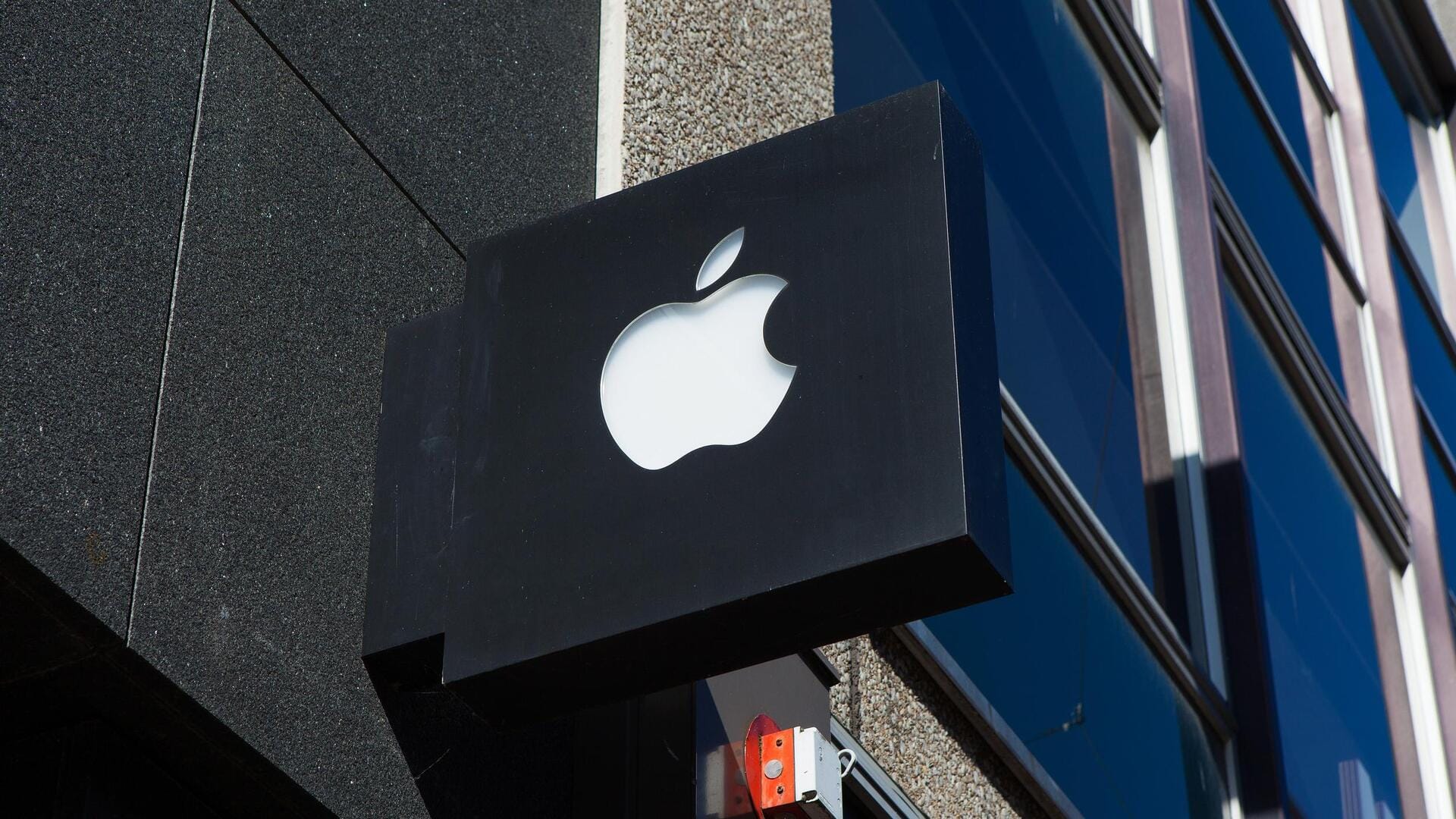
Apple's 2025 slump: Why it's lagging behind other tech giants
What's the story
Apple Inc. has become the worst-performing among the five major tech companies: Meta, Microsoft, Amazon, and Google, in 2025. The company's share price has plummeted by nearly 20% this year. This decline is attributed to a combination of factors, including sluggish iPhone sales, declining market share in China, rising regulatory scrutiny of its services business, and faltering AI ambitions. Criticism from US President Donald Trump over its global outsourcing practices has also contributed to Apple's share price decline.
Event highlights
WWDC 2025 was a snoozefest for many
At the recent Worldwide Developers Conference (WWDC), Apple CEO Tim Cook and his team unveiled a new 'Liquid Glass' design and enhancements to Apple Intelligence. However, these updates were largely seen as incremental by analysts, developers, and investors. Many of the features already exist in rival products. Following this underwhelming presentation, Apple's shares dipped by some 1.5% on NASDAQ post-keynote.
Sales slump
iPhone sales have been flat for 2 years now
The iPhone has been a major revenue driver for Apple, contributing about 52% of its income over the last six years. However, growth has been flat for two years now. In the December 2024 quarter, iPhone sales slipped 0.8% year-on-year (YoY), and in the March quarter, they rose just 1.9%. The stagnation is attributed to consumers being less willing to upgrade their phones than they were earlier.
Market challenges
China is now a threat on both fronts
China has been a key market for Apple, both as a consumer base and a manufacturing hub. However, it now poses a twin threat. The company's deep integration with Chinese supply chains makes it hard to shift production without disruption. Plus, demand for iPhones is weakening in China, where local brands such as Huawei and Xiaomi have gained market share.
Business hurdles
Regulatory scrutiny on services business
Apple's services business, which has seen revenue jump from $46 billion in 2019 to $96 billion in 2024, is facing regulatory pressure globally. The fees it collects from app developers and the payments it gets from Google to be the default search engine on its devices are facing legal challenges. Meanwhile, Apple's AI ambitions have been slow, with user and investor disappointment over its reliance on external partners like OpenAI rather than developing integrated AI solutions internally.